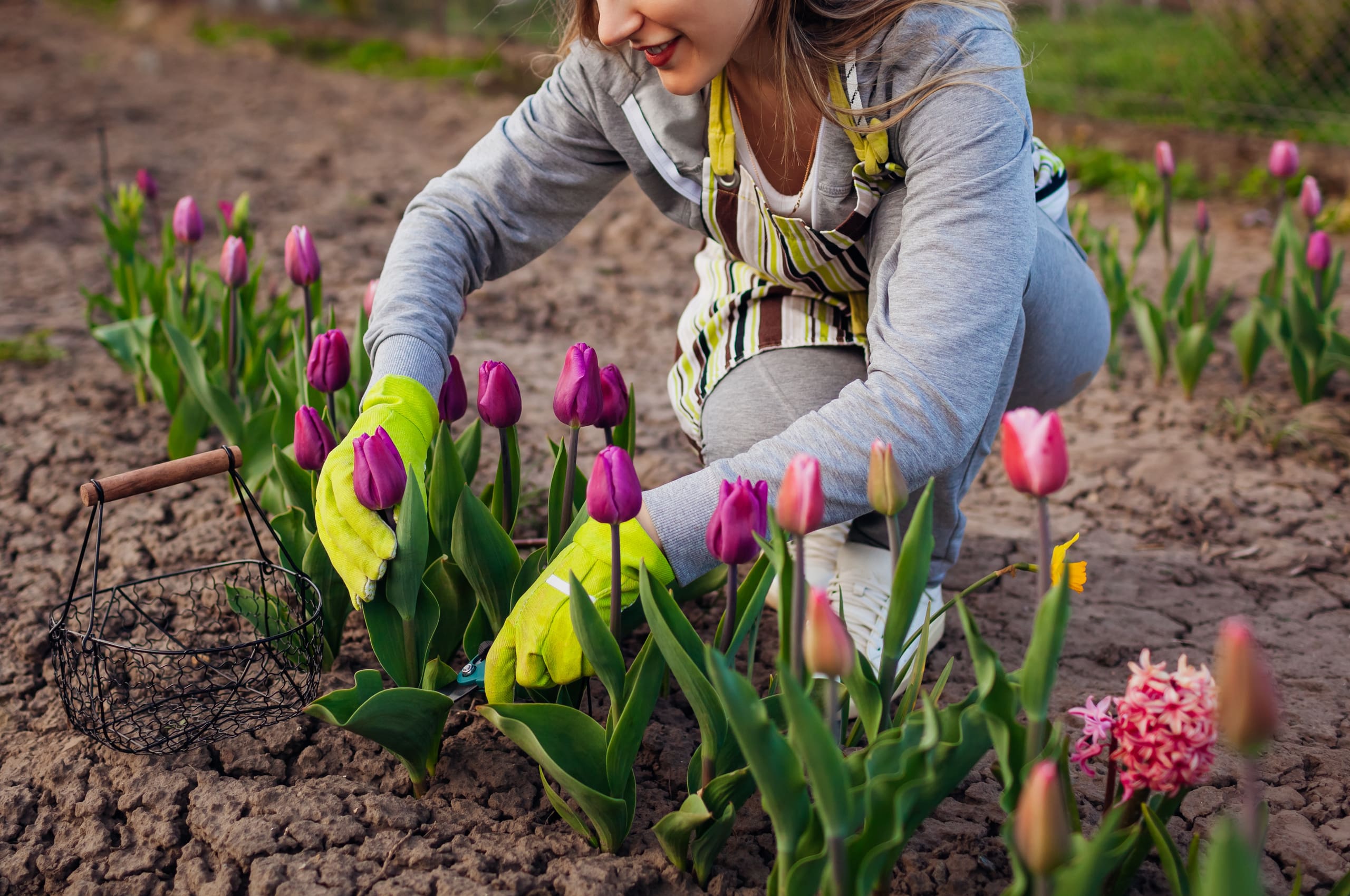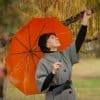Embracing lessons from so-called “blue zones” could boost your health and longevity, according to an expert. Read on to find out more about these areas and how you could make changes to your life.
In 2004, two professors identified Sardinia’s Nuoro Province in Italy as having a high concentration of male centenarians. They referred to the area as a “blue zone”.
Dan Buettner, a longevity expert, has built on their work. He has identified a further four healthy living hotspots:
- Ikaria, an island in Greece
- Okinawa, an island in Japan
- Loma Linda, a small city in California, USA
- The Nicoya peninsula in Costa Rica.
While blue zones are associated with longevity, a lower rate of chronic health, and higher rates of wellbeing, Buettner says it’s not just about living a longer life but being able to enjoy it too.
The five locations dubbed blue zones are diverse and spread across the globe. Yet, they share some similarities that have been explored in the documentary Live to 100: Secrets of the Blue Zones.
Here are four lessons you could take from blue zones and make part of your life.
Lesson 1: Change how you think about healthy eating
When you think about improving your diet, you might focus on restricting calories or cutting out certain foods. Yet, a more holistic approach to healthy eating could lead to longer-lasting results.
According to Buettner, the average person makes around 220 food decisions every single day. However, only around 10% of them are conscious.
As a result, he argues that trying to govern the 22 conscious decisions isn’t that effective. Instead, setting up your kitchen so the far more unconscious decisions are slightly healthier is better.
The research indicates that plant-based food options with plenty of spices and herbs and smaller portions of meat or fish could lead to longer lives.
Lesson 2: Maintain healthy relationships with family and friends
Busy modern lives mean that relationships can suffer. You might not spend as much time with family or friends as you’d like to.
Buettner believes relationships play a vital role in longevity and health. He says they could provide a strong sense of purpose that leads to people living for longer. In fact, in the blue zones, familial ties are often important.
Making relationships a priority and dedicating time to them could boost your wellbeing. It may seem simple but placing spending time with the people that are important to you in your diary, the same way you would with work or appointments, can help you maintain bonds.
It’s not just the relationships with immediate family and friends that are useful. Playing a role in your community can further enhance your health by providing new connections and a sense of place.
Lesson 3: Define your purpose
In Okinawa, Japan, residents are three times more likely to reach their 100th birthday than other regions, and their sense of purpose could play a role.
During Live to 100, Buettner introduces centenarians who are still enjoying and living a full life. The research indicates that having something that drives you and helps you get up in the morning can be beneficial to your wellbeing. Locals from Okinawa call this purpose “ikigai”.
So, defining what you’re passionate about, whether that’s travelling, art, or supporting your family, could help you feel more fulfilled. It’s a step that could improve your mental health and even your overall wellbeing.
Lesson 4: Make light exercise part of your daily routine
Everyone knows that exercise is part of maintaining your health. Yet, the blue zones suggest you don’t need to regularly hit the gym or train for a marathon. In fact, you could do away with exercise classes and strict plans altogether if you don’t enjoy them.
Making light exercise part of your routine could be just as useful if remaining healthy in your later years is your goal. You might ditch the car to walk to the local shops or get outdoors to garden. Regular low-intensity exercise can help keep you active and mobile.
Buettner refers to this approach as “moving naturally”, where you live in an environment that encourages you to move without thinking about it.





